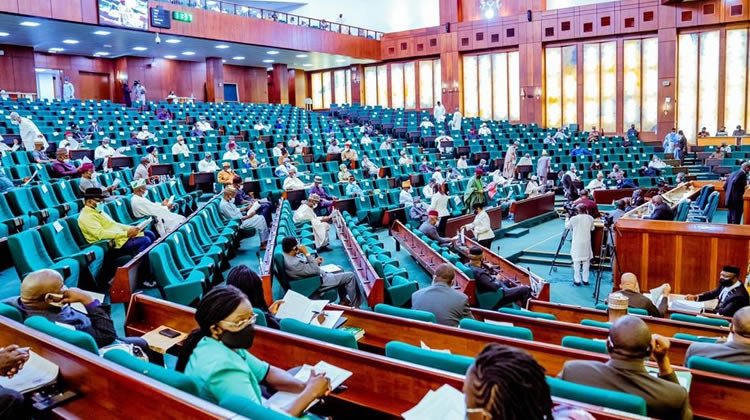There are no products in your shopping cart.
| 0 Items | £0.00 |


MEMBERS of Nigeria's House of Representatives have rejected a bill that will bar public officials from sending their children and wards to schools abroad without the approval of the education minister.
Nigerian politicians are notorious for sending their children abroad to get educated, which causes a lot o consternation in the country. If late, this has become particularly provocative because the Academic Staff Union of Universities are always on strike due to poor remuneration packages and inadequate state funding.
Last week, the education minister walked out of a meeting with the National Association of Nigerian Students (Nans) after they accused him of doping nothing about their plight while his children schooled abroad. Amidst this tense atmosphere, Hon Sergius Ogun from Ogun State sponsored a bill to address it, just as he had done in the eighth assembly but it was rejected then too.
He also sponsored a bill to make it mandatory for public officials to get medical care in Nigerian hospitals. This bill was equally rejected by the lawmakers at the time, with some of them arguing that it constituted a breach of fundamental rights.
This latest bill by Hon Ogun proposed that a public officer can only send his/her children or wards to foreign schools after getting the approval of the education minister. It also requires that the officers must provide proof of ability to pay the school fees of his/her wards.
Among other things, the bill provides for a fine of N1m or three years imprisonment for a breach of the law on overseas education. Leading the debate on the bill, Hon Ogun drew a nexus between the dilapidating facilities in public schools and thirst for foreign schools, arguing that his proposals have the capacity to address resources allocation to the public schools.
Hon Ogun added: “The trouble with this is that most of those who patronize private owned educational institutions or those that travel abroad to study are children and wards of Nigerian public officers. These are the officers who should take responsibility for building our public institutions.”
Hon Chiyere Igwe from Rivers State, however, while opposing the bill, said its content offends the spirit of the 1999 constitution which grants every Nigerian the right to move anywhere. He stated that the Code of Conduct Act is sufficient to determine if a public officer has the means to send his/her wards to schools abroad.
“As far as I am concerned, this bill offends the fundamental human rights of Nigerians, which guarantee freedom of movements. The constitution gives you absolute rights to move about. So, by this bill, you are offending the constitution, hence, it is null and void.
“The public officers that send their wards to schools, not all of them are in control of public funds. I stand as Chiyere Igwe, and I can say that I do not control public funds. If I send my children to school abroad, have I done any wrong?" Hon Igwe added.
Leke Abejide from Kogi State also spoke against the bill on the basis of the 1999 constitution, arguing that many have had their wards in such schools before being elected. Other who spoke against the bill included Hon Nicholas Ossai of Delta State and the deputy minority leader of the House Hon Toby Okechukwu from Enugu State.